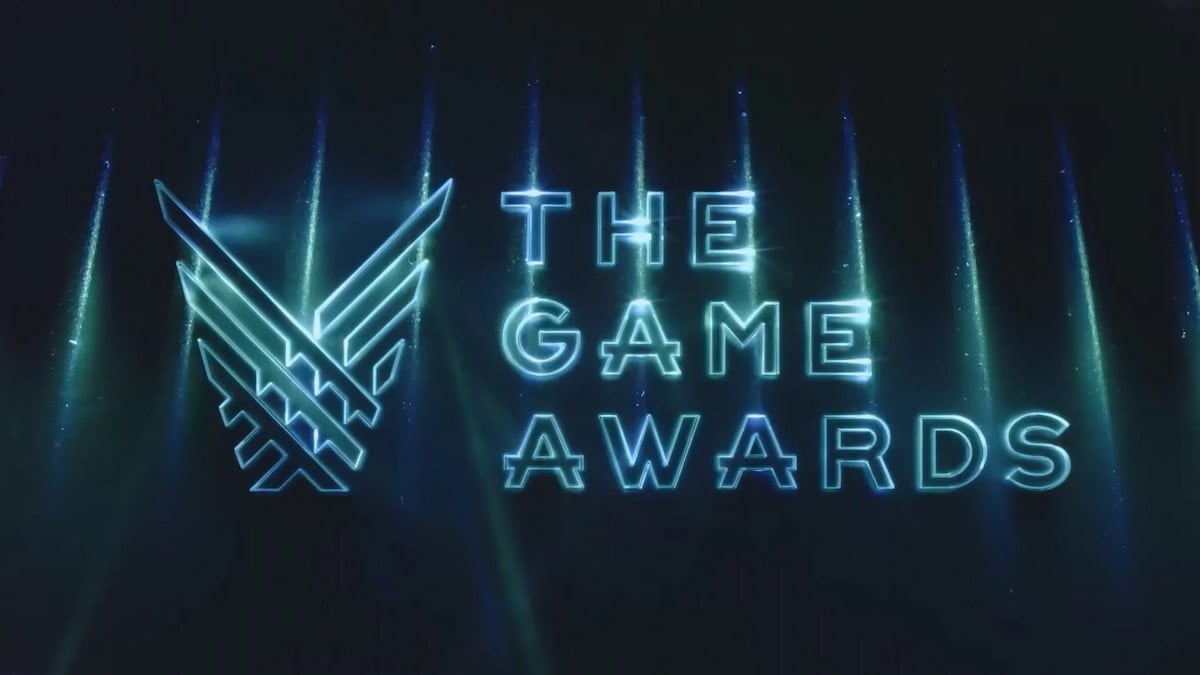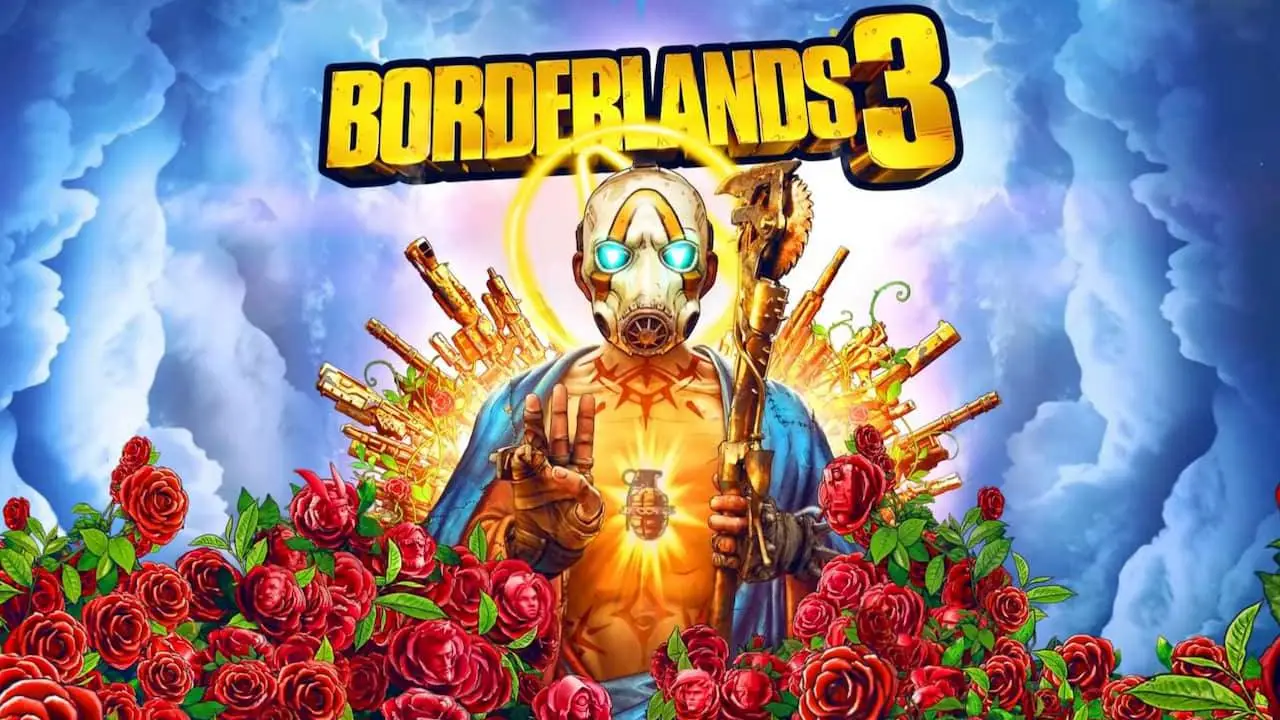Last month, superstar Call of Duty: Ghosts player Matthew “NaDeSHoT” Haag announced he was leaving streaming site Twitch for its young rival, MLG.tv. In the streaming world, where gamers broadcast matches live online, this was like LeBron James declaring he was leaving the Cleveland Cavaliers for the Miami Heat. The announcement, which came in the form of a YouTube video, has generated nearly 300,000 views and over 5,000 responses since it was posted on April 7. “Twitch is better than MLG but i will watch you anyway,” wrote one user. “OpTic NaDeSEllouT,” wrote another. In 2014, the fiercest competition in esports likely won’t be between players or teams, but between streaming platforms fighting to broadcast them. In the last several months, the streaming landscape has changed completely. Twitch, a service that served an average of 12 billion viewer minutes per month in 2013, spent most of last year with no competitor. The one company that might have challenged it, Own3d, went bankrupt at the beginning of the year. In 2014, however, Twitch will share its den with two new lions: recently launched MLG.tv and recently relaunched Azubu. Despite the new faces, Twitch’s chief operations officer Kevin Lin still sees Twitch’s numbers rising over the course of the year. He expected to see “a lot of growth in 2014″ as Twitch rides the success of new titles such as Blizzard’s Hearthstone, Lin told the Daily Dot. “At a high level, I don’t think we’ll see any slowdown,” he said, referring to the exponential traffic boom the company has seen for two years running. When I visited the company’s small first office in 2011, you had to enter from an alley. “We had like 20 people then,” Lin recalled. That number has since grown to over one hundred, and they’ve had to move to new commercial spaces twice. “I’m always kind of shocked at how big we’re getting.” Does Twitch see MLG.tv or Azubu as serious competitors? They all have a different angle, Lin said. “I think if you look at the core, [when it comes to] live streaming companies that allow gamers to make money on their streams, at the core there is some competition there,” he acknowledged. But he maintained that the approaches and services were different. For many in the industry, however, this distinction isn’t as obvious. When a team or player switches platforms it’s significant enough news to make rounds on the esports talk show circuit and get coverage on esports news sites. Major League Gaming, a company that was primarily known for hosting offline esports tournaments, launched its own streaming service in November of last year. MLG.tv would differentiate itself by providing what it called “premium content.” On Twitch, anyone can set up a stream. MLG’s goal was to cut out the noise of the masses and only sign on proven talent. That way, online channel surfing would be both easier on the consumer and more attractive to advertisers. “To be clear, the MLG streaming platform isn’t for everyone,” MLG explained at the time. “We have no intention of opening it up to the masses.” MLG imposes a daunting set of criteria for potential streamers. You’ve either got to be on a professional team or have a huge fanbase already. Though those criteria have occasionally been ignored, for the most part the service has lived up to its promise: Professional gamers (Call of Duty: Ghosts players more often than not) playing to large audiences. The move seems to have paid off. MLG.tv saw an exposive 1,367 percent growth in viewership during the first quarter, buoyed in part by an exclusive agreement with Activision to stream its Call of Duty Championship. The platform now boasts 51 partnered streamers, a number it plans to increase as it adds more gamers and organizations as partners. For MLG, a big emphasis is spent on making sure that their partners are happy so they can deliver the best stream experience. “We collaborate with our partners to optimize their streaming, help them monetize, create and sell merchandise and build their brands,” MLG’s CEO and cofounder Sundance DiGiovanni said. “And we have an open dialogue with our partners to optimize and evolve the platform with new features that will benefit them and our viewers.” Shortly after launching its streaming service, MLG reported it was EBITA positive, or profitable before taxation, for the first time in its 12-year history. That may be part of why MLG has done so much moving and shaking in recent months. Last week, it announced a partnership with cable giant ESPN to broadcast a Call of Duty tournament from the X Games. That was followed by news it was launching a dedicated esports arena in China. “We started as a competitive league,” MLG’s CEO Sundance DiGiovanni said. “The success of MLG.tv and being able to stream via our own platform has opened up new opportunities and enabled us to collaborate with major mainstream partners to create world-class, first of their kind.” The third horse in the race is the newly relaunched Azubu. The company, which formed in 2011, recently relaunched its streaming service amidst news it had secured more than $34 million in venture capital. In a video welcoming the world to the new Azubu, an employee named Jordan Spence left no question as to how the company would set itself apart: “You’re used the casual stream, the accepted monopoly, but have you ever tasted a premium product?” It’s no mistake that both MLG.tv and Azubu use the word “premium.” Both companies differ in vision and practice from Twitch, and neither company seems keen trying to tackle Twitch head on in raw numbers. At Azubu’s helm is Ian Sharpe, formerly a senior producer at Electronic Arts. “What I really hope we do is bring to life the potential in esports,” Sharpe said in an interview with OnGamers. As he sees it, esports has moved past its tipping point and is now a truly global phenomenon connecting millions of people.  Azubu’s challenge to the streaming status-quo became much more serious when it secured $34.5 million in venture capital in March. But with the flurry of positive PR that followed the announcement also came some unwanted attention. In April, journalist Richard Lewis dug into the dubious past of Sapinda, one of Azubu’s largest investors, whose founders have been convicted of multiple financial crimes including fraud, embezzlement and breach of trust. Despite lingering questions about this connection, the streaming company has had no problem courting teams and players to stream or staffing up for their relaunch. “We’re taking a talent first approach,” Matthew Gunnin, Azubu’s director of content, and former CEO of esports encyclopedia Leaguepedia, wrote in an email to the Daily Dot. “We want to help our broadcast partners grow their profile and brand, bring them new opportunities and support them in all areas.” The company’s list of partners now include esports giants like Dan “Artosis” Stemkoski and Nick “Tasteless” Plott, along with teams Fnatic, Counter-Logic Gaming, Team Curse, and Team Roccat. To manage these relationships and keep partners happy, Azubu looked to the esports community while hiring what they internally call “esports Managers.” The company brought on Tricia Sugita, a former high profile StarCraft community member and event host, and Eric Brinkley, an advocate for esports who held several positions at PC case-maker Thermaltake. Azubu’s facelift and the influx of fresh faces won’t guarantee success. On most days, when you navigate Azubu’s list of channels you’ll notice that a majority are marked “OFFLINE.” MLG.tv fares similarly. In both cases, the lack of content can be attributed to the platform’s own business model and emphasis on exclusivity. Twitch, which allows anyone to broadcast, boasts 5,000 to 8,000 active streamers at any given time, with only a fraction of those able to earn ad revenue. Azubu has internal traffic projections that Gunnin described as “aggressive targets to hit.” But he insisted the company was confident it had invested in the right talent and employees to reach them. “So far we’ve been very happy with the progress made.” “Competition is the essence of the human experience,” Sharpe added about the suddenly crowded streaming business.“I think that consumers, I think that the publishers, want choice.”
Azubu’s challenge to the streaming status-quo became much more serious when it secured $34.5 million in venture capital in March. But with the flurry of positive PR that followed the announcement also came some unwanted attention. In April, journalist Richard Lewis dug into the dubious past of Sapinda, one of Azubu’s largest investors, whose founders have been convicted of multiple financial crimes including fraud, embezzlement and breach of trust. Despite lingering questions about this connection, the streaming company has had no problem courting teams and players to stream or staffing up for their relaunch. “We’re taking a talent first approach,” Matthew Gunnin, Azubu’s director of content, and former CEO of esports encyclopedia Leaguepedia, wrote in an email to the Daily Dot. “We want to help our broadcast partners grow their profile and brand, bring them new opportunities and support them in all areas.” The company’s list of partners now include esports giants like Dan “Artosis” Stemkoski and Nick “Tasteless” Plott, along with teams Fnatic, Counter-Logic Gaming, Team Curse, and Team Roccat. To manage these relationships and keep partners happy, Azubu looked to the esports community while hiring what they internally call “esports Managers.” The company brought on Tricia Sugita, a former high profile StarCraft community member and event host, and Eric Brinkley, an advocate for esports who held several positions at PC case-maker Thermaltake. Azubu’s facelift and the influx of fresh faces won’t guarantee success. On most days, when you navigate Azubu’s list of channels you’ll notice that a majority are marked “OFFLINE.” MLG.tv fares similarly. In both cases, the lack of content can be attributed to the platform’s own business model and emphasis on exclusivity. Twitch, which allows anyone to broadcast, boasts 5,000 to 8,000 active streamers at any given time, with only a fraction of those able to earn ad revenue. Azubu has internal traffic projections that Gunnin described as “aggressive targets to hit.” But he insisted the company was confident it had invested in the right talent and employees to reach them. “So far we’ve been very happy with the progress made.” “Competition is the essence of the human experience,” Sharpe added about the suddenly crowded streaming business.“I think that consumers, I think that the publishers, want choice.”

Illustration by Jason Reed
Category:
Inside the looming battle over esports streaming
Last month, superstar Call of Duty: Ghosts player Matthew "NaDeSHoT" Haag announced he was leaving streaming site Twitch for its young rival, MLG
Cody Conners
|
Recommended Videos
Dot Esports is supported by our audience. When you purchase through links on our site, we may earn a small affiliate commission. Learn more about our Affiliate Policy
related content
Category:
Jéssica Gubert
and others
Jéssica Gubert and others
Category:
Adam Snavely
Adam Snavely





Published: May 6, 2014 07:00 am